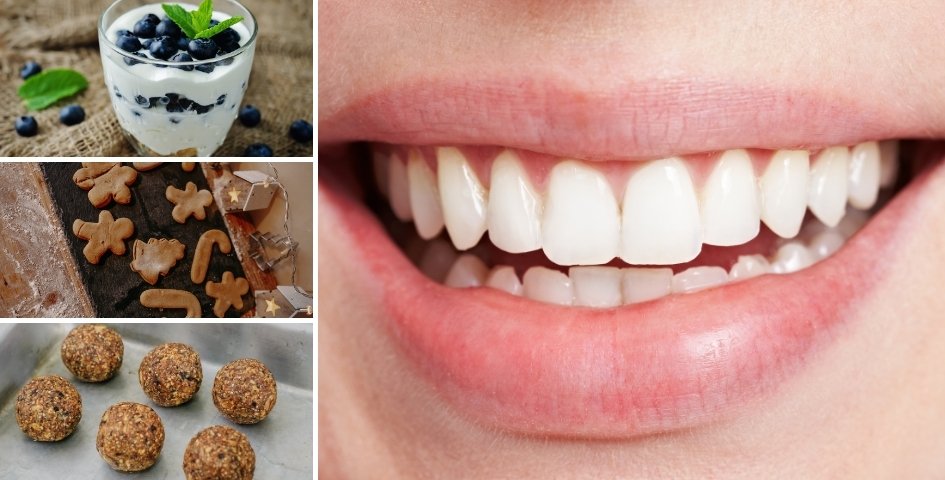
Ice water slams. All of a sudden, it feels like needles through your teeth. Was it only a sip? Yes. However, the ache is different. Your smile is just fine until it’s not. Every cold beverage is a bravery test.
This may seem random. However, the actual scenario is different. A dentist will explain to you that it’s not. Most people do not know how prevalent this is. Tooth sensitivity from cold beverages is usually treatable. Dentist appointments will typically reveal the concealed culprit.
Reasons for Sensitivity to Cold
Tooth sensitivity doesn’t happen overnight. Here’s what might be leading to the pain:
Worn Tooth Enamel Can be A Major Reason
Enamel covers teeth. Sensitivity occurs when it wears off because of brushing too aggressively or acidic foods.
Another Reason is Exposed Dentin
Underneath the enamel is dentin. It is full of small tubules that connect to nerves. When it gets exposed, pain starts.
Gum Recession Can be Another Culprit
Receding gums vigorously reveal tooth roots. Without an enamel cover, cold beverages can result in stinging pain.
Tooth Decay or Cavities is Another Reason
Small holes in your teeth let cold liquids travel to nerves more quickly. A dentist has the ability to detect this early.
Another Reason is Cracked or Chipped Teeth
Cracks are capable of penetrating the inner layers of the tooth and make it sensitive to cold, heat, and pressure.
Recent Dental Work Can Be a Vital Reason
Treatments such as fillings or whitening can lead to temporary sensitivity. A professional dentist usually anticipates this.
Teeth Grinding (Bruxism)
Grinding immensely wears down enamel and puts pressure on teeth. A qualified dentist in Jamaica Plain, MA, might suggest a night guard or bite adjustment.
It is to be stated that a proficient dentist can treat every cause, and the earlier it’s treated, the better.
When Is It a Sign of a Bigger Problem?
Tooth sensitivity may be a sign of something more serious. Sharp pain can indicate an infection or abscess that requires immediate attention. Advanced gum disease could be in the works if gums bleed or recede.
Pain on biting might indicate a fractured tooth, usually not visible without X-rays. A dentist has the ability to detect these hidden problems before they become more serious. Don’t delay with persistent or severe pain. Consider seeking help right away.
Treatments a Dentist May Prescribe
A dentist will first determine the reason for your sensitivity. Then, they’ll suggest one or more of the following:
Fluoride Treatments: These treatments strengthen enamel and dampen nerve response. They are fast and easy during a regular visit.
Dental Bonding: It closes exposed dentin or covers sensitive roots with tooth-colored resin.
Gum Grafts: In severe gum recession, a graft significantly protects exposed roots and restores gum line cover.
Root Canals: If the nerve is infected or damaged, a root canal removes it and fills the tooth.
The best treatment is based on your condition. A dentist effectively tailors your treatment plan for long-term relief. Keep in mind that earlier treatment typically involves easier, less painful treatment.
Cold beverage sensitivity isn’t unusual. It’s typical and fixable. If you ignore it, it can result in larger dental problems. A qualified dental professional provides solutions that succeed quickly.
Don’t endure every cold water sip. Our gentle treatments and professional guidance are a dental visit away. Begin with little changes or schedule a visit today.



